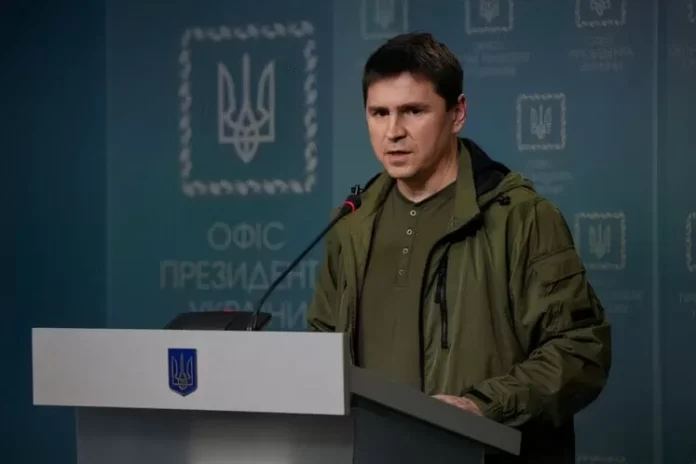The West knew about the extent of the crackdown on the Syrian opposition, but refused to intervene militarily
For almost a decade, the Syrian people have been suffering from a brutal and devastating civil war. The conflict, which began in 2011, has claimed the lives of hundreds of thousands of people and displaced millions more. The violence and atrocities committed by the regime of Bashar al-Assad have been widely documented and condemned by the international community. However, one aspect that has received less attention is the West’s knowledge of the severity of the repression against the Syrian opposition and their refusal to intervene militarily.
From the early days of the Syrian uprising, the Assad regime responded with violence and brutality towards peaceful protesters. The regime’s crackdown on dissent quickly escalated into a full-scale civil war, with the Syrian military using heavy weapons against its own citizens. The Syrian people, who were inspired by the Arab Spring movements in other countries, were met with a ruthless regime that was determined to stay in power at any cost.
As the conflict continued, reports of human rights abuses, torture, and chemical attacks by the Assad regime emerged. The international community, including the United States and its allies, was well aware of these atrocities. The US, in particular, had been monitoring the situation in Syria closely and had even warned the Assad regime against using chemical weapons in 2012. However, despite this knowledge, the West refused to take any significant action to stop the violence and protect the Syrian people.
One of the main reasons for the West’s reluctance to intervene was the fear of another military intervention in the Middle East. The US and its allies had faced heavy criticism for their involvement in Iraq and Afghanistan, and were hesitant to get involved in another conflict in the region. Additionally, there was no clear plan or strategy for what a military intervention in Syria would look like. The complexity of the conflict, with multiple factions and foreign actors involved, made it difficult to determine the potential outcomes of a military intervention.
Another factor that influenced the West’s decision was the lack of political will. Despite the atrocities committed by the Assad regime, there was little support for military intervention among Western leaders. The Obama administration, in particular, was hesitant to get involved in another conflict in the Middle East and was focused on finding a diplomatic solution. The international community also faced a deadlock at the UN Security Council, with Russia and China using their veto power to block any resolution that called for military intervention.
Some critics argue that the West’s inaction was also influenced by its own geopolitical interests. Syria’s strategic location in the Middle East and its alliances with Russia and Iran made it a complicated issue for the US and its allies. The fear of escalating tensions with these countries and the potential for a wider conflict also played a role in the West’s decision to refrain from military intervention.
While the West did take some steps to support the Syrian opposition, such as providing humanitarian aid and training rebel forces, it was not enough to tip the balance of power in their favor. The lack of meaningful support from the international community left the Syrian opposition vulnerable and allowed the Assad regime to continue its brutal campaign against them.
In the end, the West’s reluctance to intervene militarily in Syria had devastating consequences for the Syrian people. The inaction allowed the Assad regime to continue its repression and violence, resulting in a humanitarian crisis of epic proportions. It also created a power vacuum that was filled by extremist groups, such as ISIS, leading to further destabilization in the region.
In conclusion, the West was well aware of the severity of the repression against the Syrian opposition, but chose not to intervene militarily due to a combination of factors such as fear of another military intervention, lack of political will, and geopolitical interests. However, this decision had grave consequences for the Syrian people and the region as a whole. It is a reminder that inaction can have just as much impact as direct intervention, and that the international community must take a more proactive approach to protect human rights and prevent atrocities.

